What happens to the worms?
sloannie
10 years ago
Related Stories
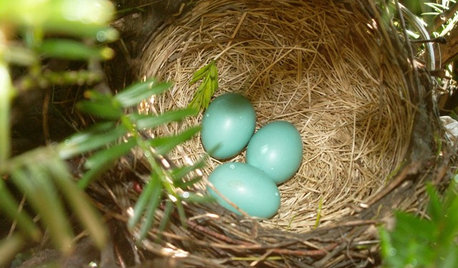
GARDENING FOR BIRDSWhat to Know About Birds Nesting in Your Yard
Learn how to observe, record data and help ornithologists with NestWatch’s citizen science project understand bird trends
Full Story
GARDENING GUIDESGarden Myths to Debunk as You Dig This Fall and Rest Over Winter
Termites hate wood mulch, don’t amend soil for trees, avoid gravel in planters — and more nuggets of garden wisdom
Full Story
KITCHEN DESIGN9 Questions to Ask When Planning a Kitchen Pantry
Avoid blunders and get the storage space and layout you need by asking these questions before you begin
Full Story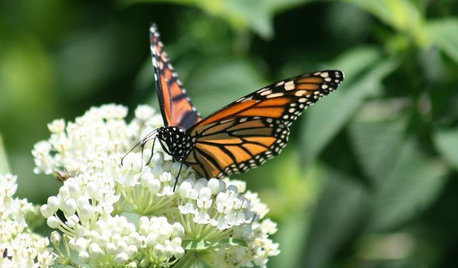
GARDENING GUIDES7 Ecofriendly Gardening Ideas That Also Cut Chore Time
Spend less time weeding, less money watering and more moments just sitting back and enjoying your healthy garden
Full Story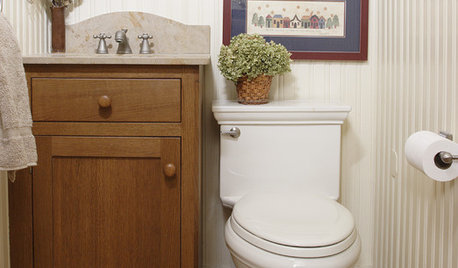
HOUSEKEEPINGWhat's That Sound? 9 Home Noises and How to Fix Them
Bumps and thumps might be driving you crazy, but they also might mean big trouble. We give you the lowdown and which pro to call for help
Full Story
GARDENING FOR BUTTERFLIESGardening for the Bees, and Why It’s a Good Thing
When you discover how hard bees work for our food supply, you may never garden without them in mind again
Full Story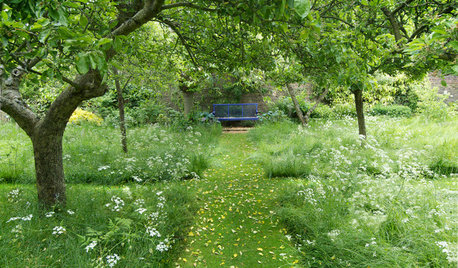
GROUND COVERSGive Your Lawn a Taste of the Wild
Consider the joys of an irregularly trimmed meadow lawn: It’s ecofriendly, visually interesting and still good for romping
Full Story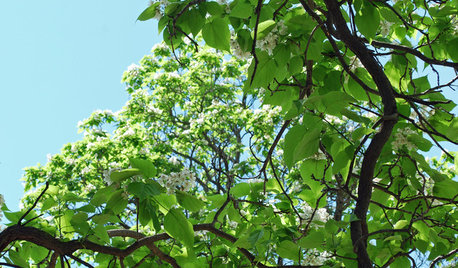
LANDSCAPE DESIGNGreat Design Plant: Retreat to the Shade of Hardy Catalpa
Big foliage and a towering height provide a shady respite in summer, but that's not all hardy catalpa offers dedicated gardeners
Full StoryMore Discussions








IanW Zone 5 Ont. Can.
david52 Zone 6
Related Professionals
Forest Acres Landscape Architects & Landscape Designers · Mitchellville Landscape Architects & Landscape Designers · Rancho Palos Verdes Landscape Architects & Landscape Designers · Willowick Landscape Architects & Landscape Designers · Andover Landscape Contractors · Beachwood Landscape Contractors · Cordele Landscape Contractors · Fort Payne Landscape Contractors · Glendale Heights Landscape Contractors · Gresham Landscape Contractors · Longmont Landscape Contractors · Norristown Landscape Contractors · Oviedo Landscape Contractors · San Carlos Park Landscape Contractors · Des Moines Decks, Patios & Outdoor Enclosurestoxcrusadr
glib
klem1
chickencoupe
Kimmsr
david52 Zone 6
luckygal
chickencoupe